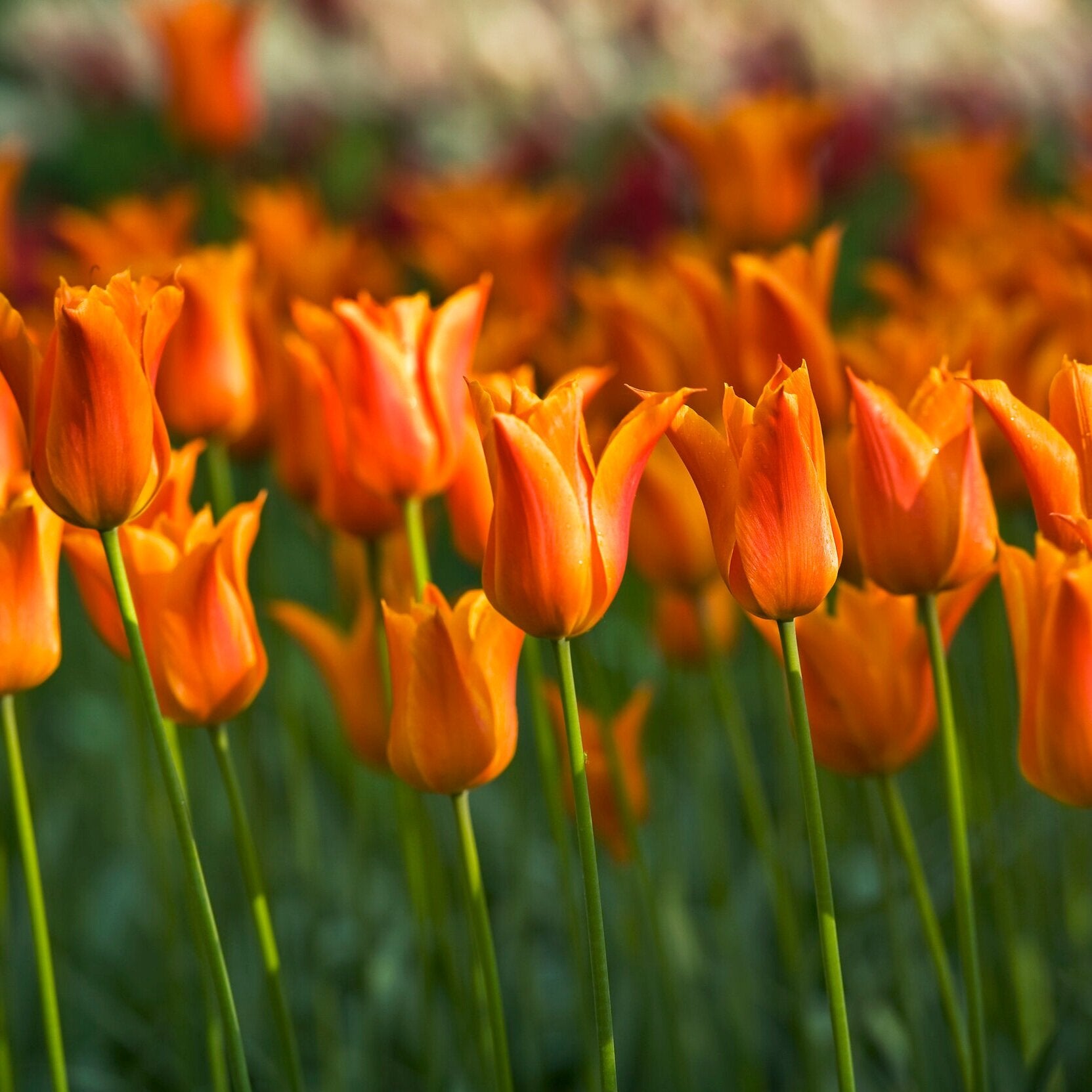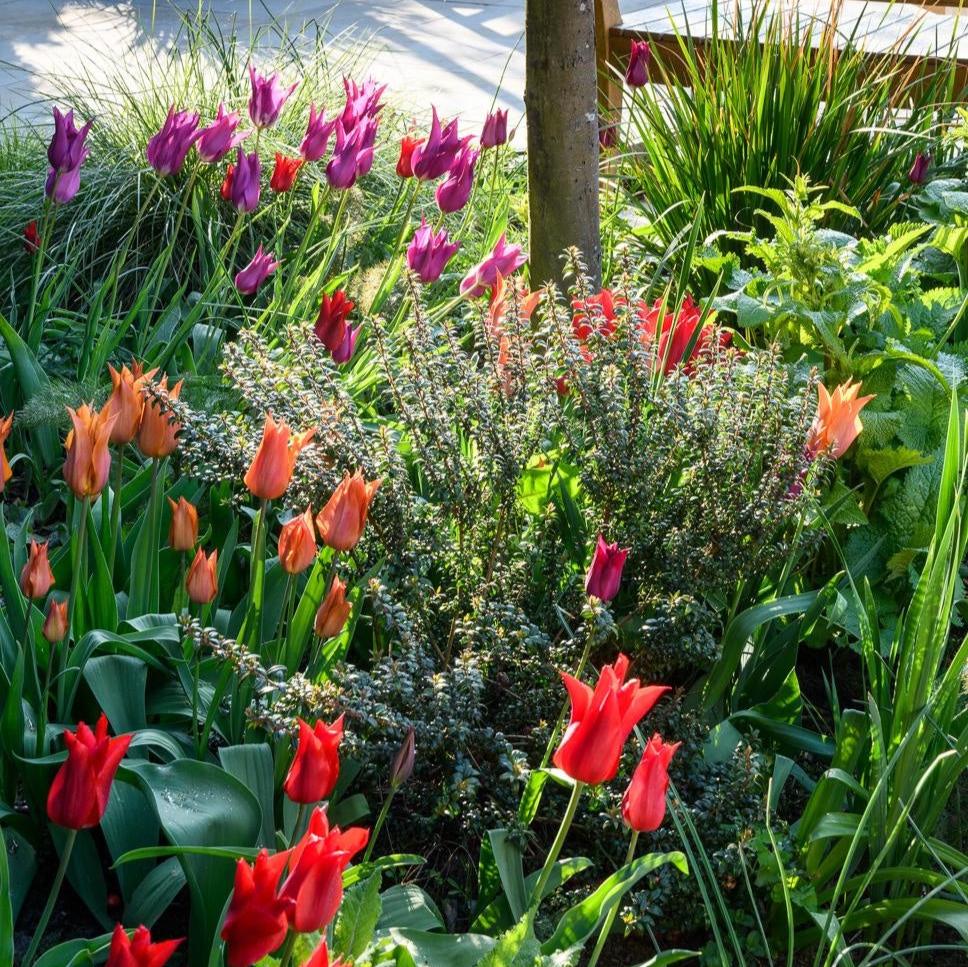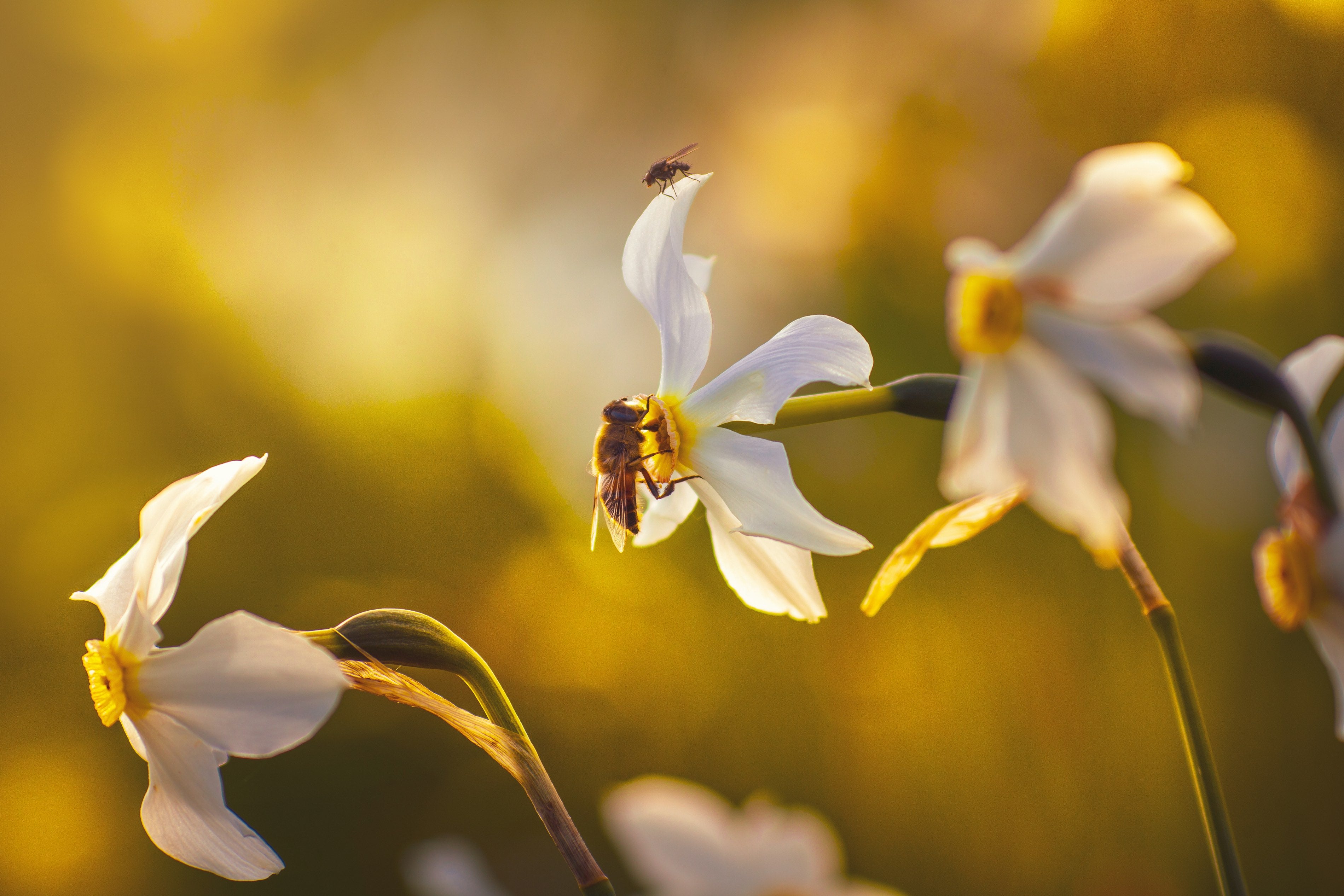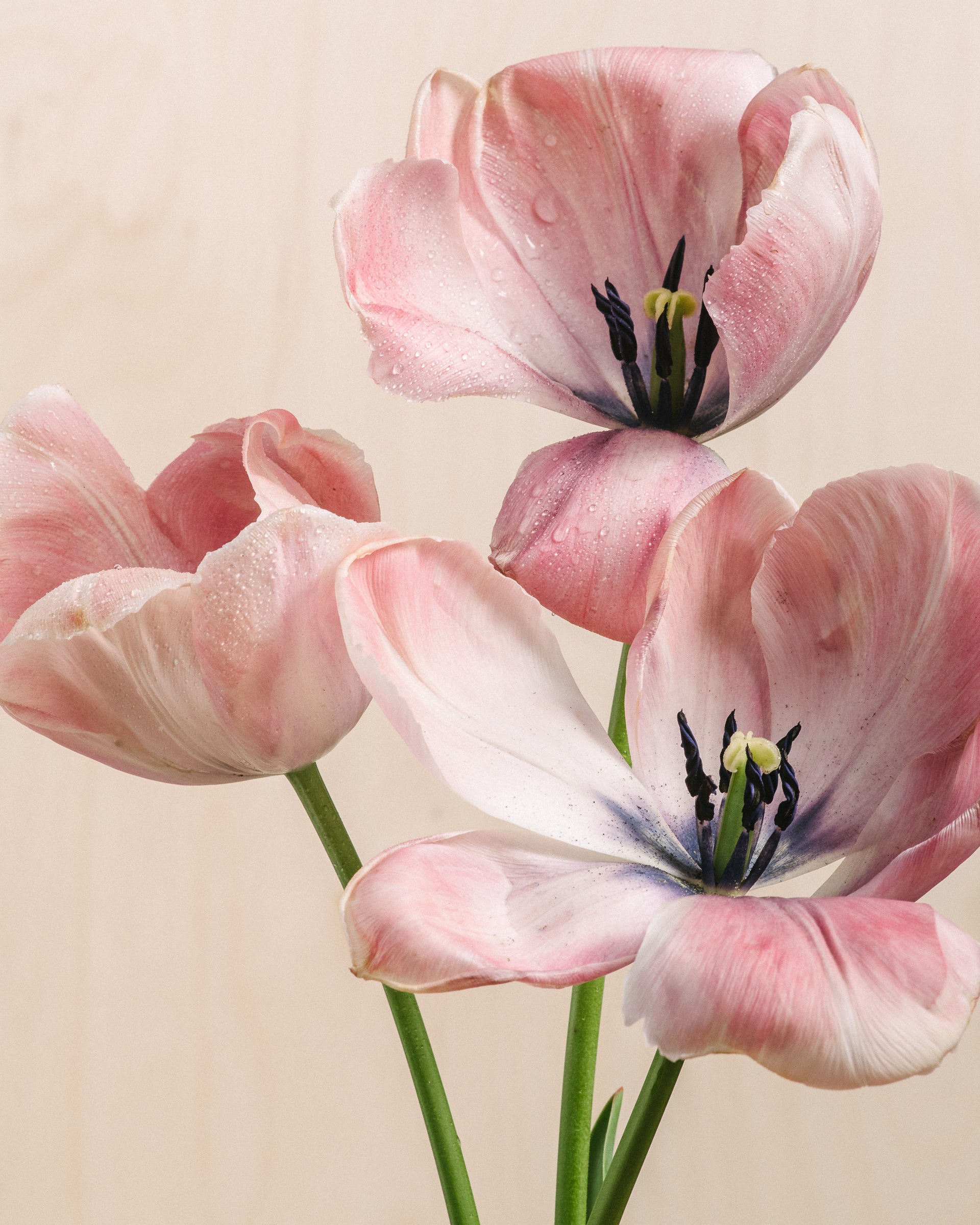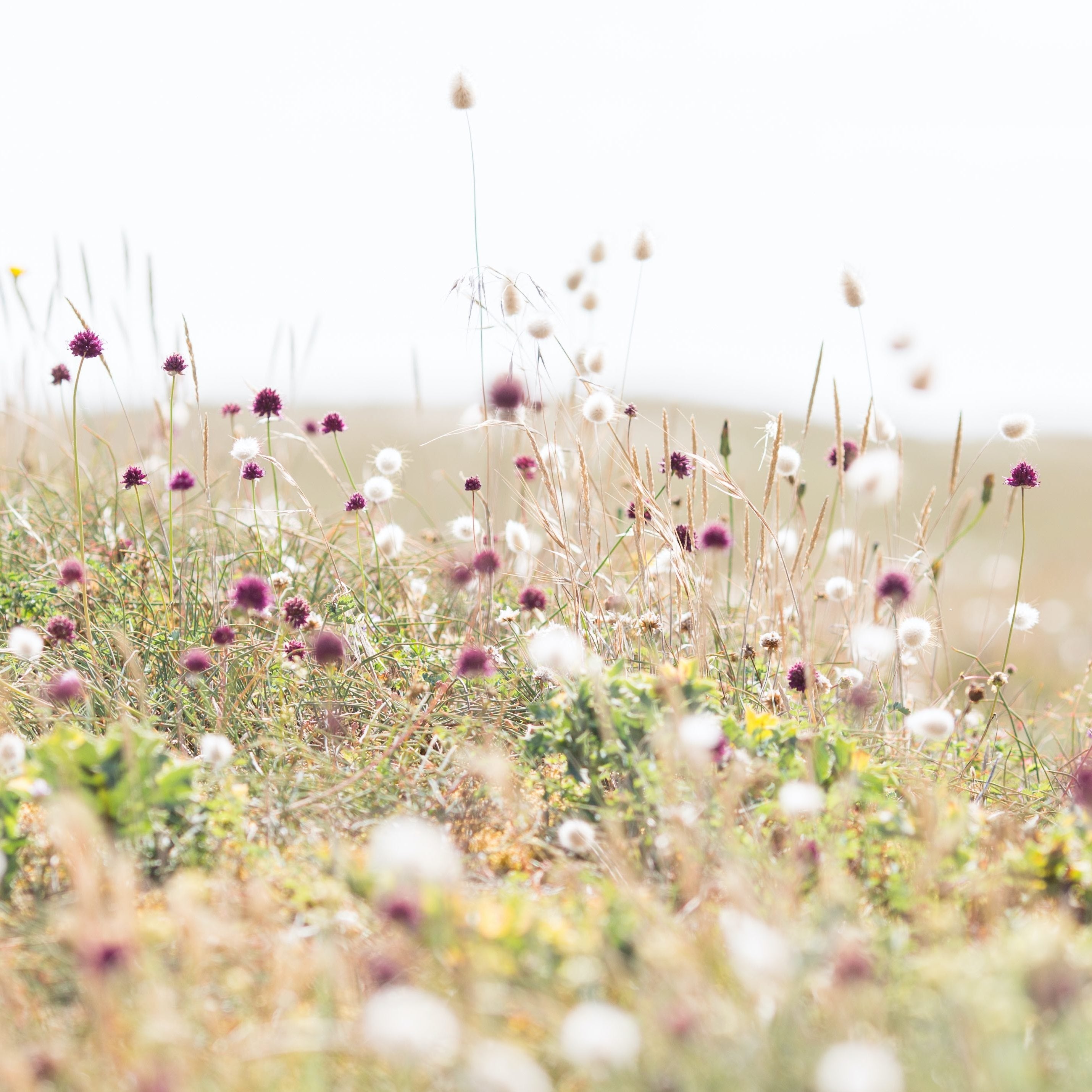Organic Tulipa 'Ballerina' | Lilyflowering
- From {{ price }}
- From £10.95
- From {{ price }}
-
£14.95 - Sale price
-
£10.95
Couldn't load pickup availability
Grown & Soil Association Certified 100% Organic
One of our favourite spring flowering bulbs, this lily flowering tulip variety produces a vivid, orange flower, with fluted petals flushed with scarlet and form reminiscent of a lily. Emerging in the late spring, Tulipa 'Ballerina' is an elegant, long-stemmed beauty that emits a subtle sweet scent and with it’s attractive foliage also makes for a great cut flower.
Plant in the autumn from late October into the winter as long as the temperature is mild, either in pots, as part of a bulb lasagne with other scented blooms such as Narcissus Thalia or in a garden border. Orange tulips are striking when planted alongside hot coloured companions with a similar bloom time and luminous in the spring sunshine.
We planted them at Cambridge Central Mosque with crimson and violet varieties to create a bold colour blocking display.
Additional Information
Flowering month: April/May
Height: 45-50cm
Density: 30m2
Position: Partial shade / Full Sun
PLEASE NOTE SPRING FLOWERING BULBS WILL BE DELIVERED IN AUTUMN 2025
SHIPPING INFORMATION
Spring-flowering bulbs are despatched between October-December. Orders are shipped in chronological order from the date an order is received. Bulbs arrive from our growers in September-October. It usually takes 2-4weeks to clear all orders. After this we can ship within 24hrs or 48hrs for orders under 2kg, whereas orders over 2kg can take 3-5 working days.
Summer-flowering bulbs are despatched from April-July.
Snowdrops in the green are despatched in the UK in February & March. Bluebells in the green are despatched in the UK from March-May.
